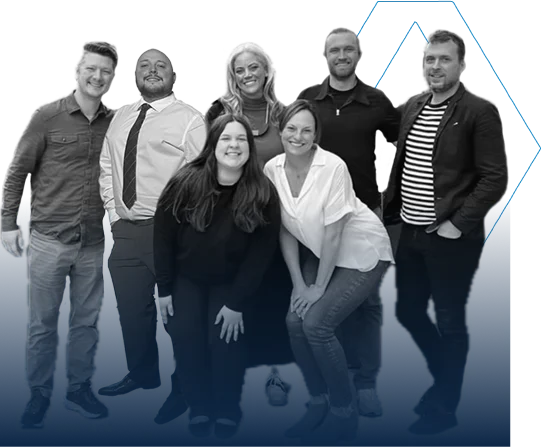Change State is now part of Recruitics! Learn more
We leverage the power of insights and innovative strategies to reshape your talent acquisition for tomorrow.
Great brands work with us because we’re smart and get things done right:

We believe your recruitment marketing agency should help you in all areas of talent acquisition, not just spending recruitment
ad budgets.
While recruitment marketing is our foundation, we know that effective talent acquisition is multifaceted. That’s why we complement our core expertise with dynamic supporting services.
Talent Acquisition Process Design & Technology Selection
We optimize workflows and identify the right tech stack to create seamless, efficient hiring experiences.
Employer Brand Research, Development, & Activation
From discovery to execution, we craft employer brands that don’t just attract top talent—they engage and retain them.
Talent Insights & Data Intelligence
Data is at the heart of everything we do. We deliver actionable insights into talent markets, candidate behavior, and performance metrics to drive smarter decisions.
At Change State, we prioritize staying ahead of industry trends so that we can deliver the most up-to-date insights and strategies to you.
The Changing State of Talent Acquisition Podcast
Where industry leaders and forward - thinking professionals gather to explore the trends shaping the future of work.
Monthly insights into the labor market to help you navigate the evolving talent landscape.
Informative Blog
and Newsletter
Your go-to resource for the latest in recruitment marketing, employer branding, HR technology, and workforce trends.
Software Solutions
Copyright © 2025 Charge State. All rights reserved.
Software Solutions
Copyright © 2025 Charge State. All rights reserved.
